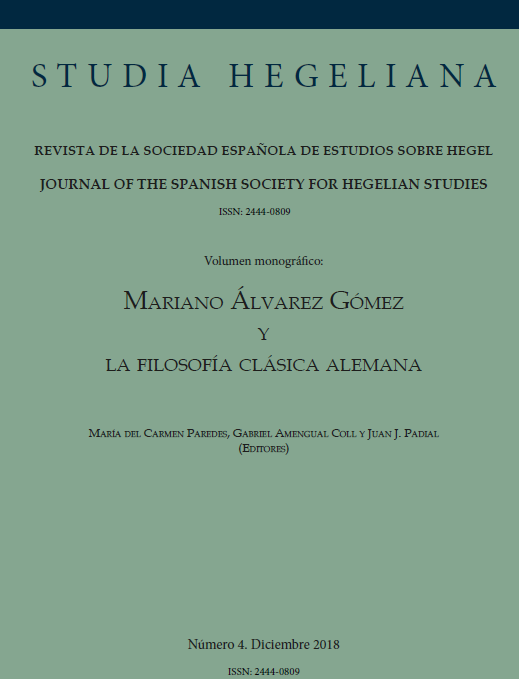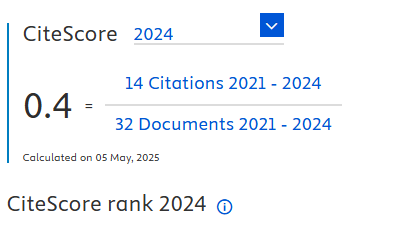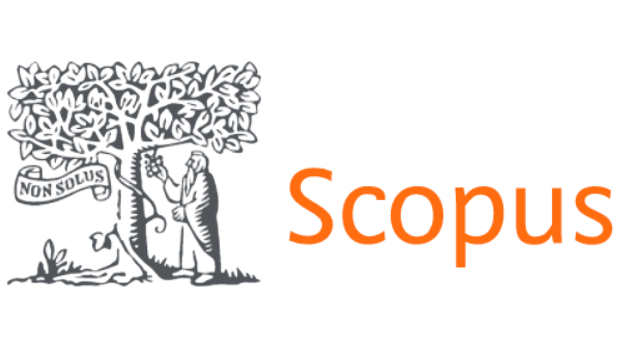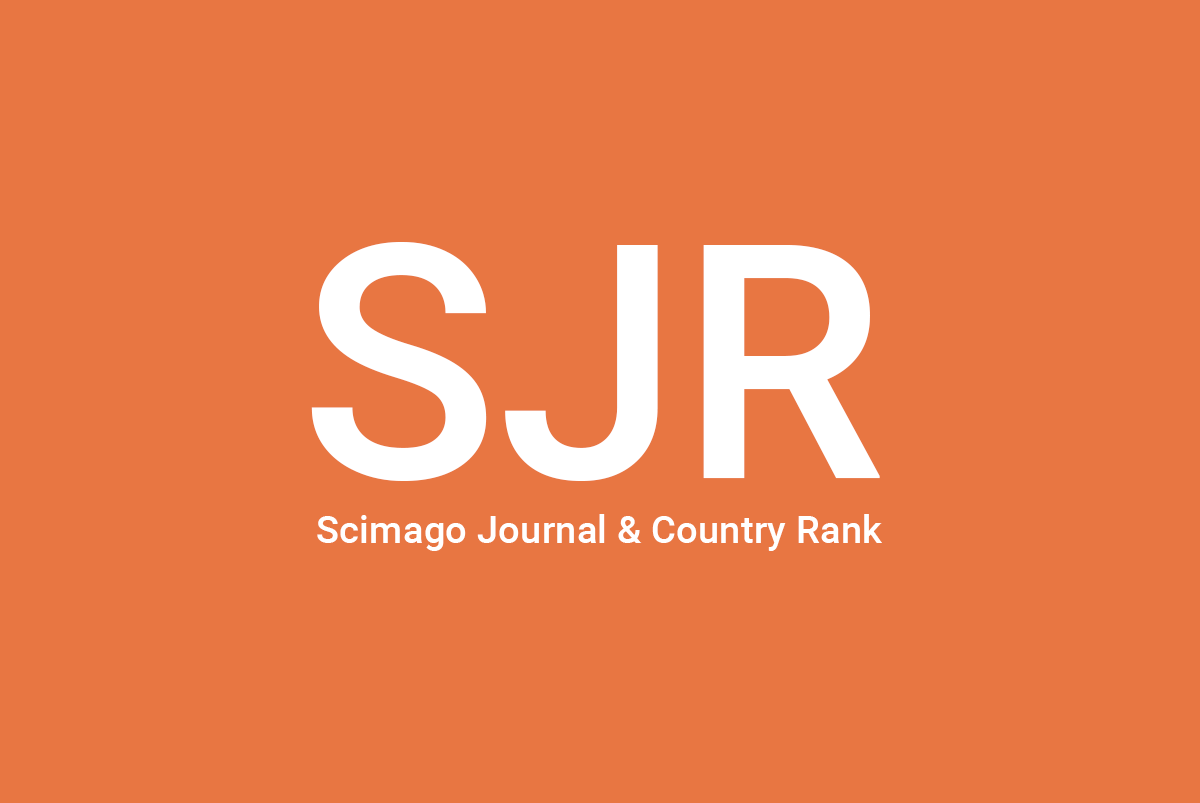Spirit’s Selfconsciousness and the Knowledge of History
DOI:
https://doi.org/10.24310/stheg.4.2018.11388Keywords:
HISTORY, HISTORICAL CONSCIOUSNESS, ABSOLUTE KNOWING, TIME, MEMORY, PHENOMENOLOGY OF SPIRITAbstract
The structure of the Phenomenology of Spirit was affected by the new, post-Enlightenment historical consciousness, as well as by the historicity of reason that Hegel discovered. A comparison of the conclusive lines of the «Introduction» and the ending of «Absolute Knowing» shows that what Hegel eventually delivers is something different from what he intended at the beginning. In the end, the initial consciousness discloses, not just das «System der Wissenschaft», but the contingent history organized in the science of knowing as it appears. Finally, I suggest reading this historicity as an acute awareness of the present.
Downloads
Metrics
Publication Facts
Reviewer profiles N/A
Author statements
Indexed in
-
—
- Academic society
- N/A
- Publisher
- Universidad de Málaga
References
Gómez Ramons, A. y Sánchez Muñoz, C. (2017), Confrontando el mal. Ensayos sobre
violencia, memoria y democracia. Madrid: Plaza y Valdés, 2017.
Foucault, M. (1999) «¿Qué es la Ilustración?», en Estética, ética y hermenéutica,
Barcelona: Paidós, 1999, p. 335-353.
Fulda, H. y Henrich, D. (1973), Materialien zu Hegels «Phänomenologie des Geistes»,
Frankfurt: Suhrkamp, 1973.
Haym, R. (1857) Hegel und seine Zeit, Hildelsheim: Olms, 1962.
Hegel, G.W.F. (1807), Fenomenología del espíritu, Madrid: Abada, 2010, ed. bilingüe.
Original Phänomenologie des Geistes ed. de Bonsieppen y R.Heede, Hamburgo:
Meiner Verlag, 1988.
Hyppolite, J. (1946) Génesis y estructura de la Fenomenología del espíritu de Hegel,
Barcelona: Península, 1976.
Pinkard, T. (1994), Hegel’s Phenomenology. The sociality of Reason. Cambridge:
Cambirdge U.P., 1994.
Pinkard, T. (2000) Hegel. A Biography. Cambridge: Cambridge U.P., 2000.
Schiller, F. (1789). Was heisst und zu welchem ende studiert man Universalgeschichte,
Stuttgart, Reklam, 2006. (traducción española en SCHILLER, F. Escritos de
Filosofía de la Historia, Murcia: ed. de la Universidad de Murcia, 1991).
Valls Plana R. (1971) Del yo al nosotros. Una lectura de la Fenomenología del espíritu,
Barcelona: PPU, 1994.
Downloads
Published
How to Cite
Issue
Section
License

This work is licensed under a Creative Commons Attribution-NonCommercial-ShareAlike 4.0 International License.
This journal provides immediate free access to its content under the principle of making research freely available to the public. All contents published in Studia Hegeliana. Journal of the Spanish Society for Hegelian Studies, are subject to the Creative Commons Attribution-NonCommercial-ShareAlike 4.0 licence (specifically, CC-by-nc-sa), the full text of which can be found at <http://creativecommons.org/licenses/by-nc-sa/4.0>. Derivative works are therefore permitted as long as they are not used for commercial purposes. The original work may not be used for commercial purposes. The journal is not responsible for the opinions expressed by the authors of the works published in it.
It is the authors' responsibility to obtain the necessary permissions for images that are subject to copyright.
Authors whose contributions are accepted for publication in this journal retain the copyright. It is non-exclusive right to use their contributions for scholarly, research and educational purposes, including self-archiving or deposit in open access repositories of any kind.
Since volume 7 of 2021 the journal Studia Hegeliana has changed the copyright. Since that year the authors have retained the copyright.
The electronic edition of this journal is published by the Editorial de la Universidad de Málaga (UmaEditorial), being necessary to cite the source in any partial or total reproduction.







244.png)






















